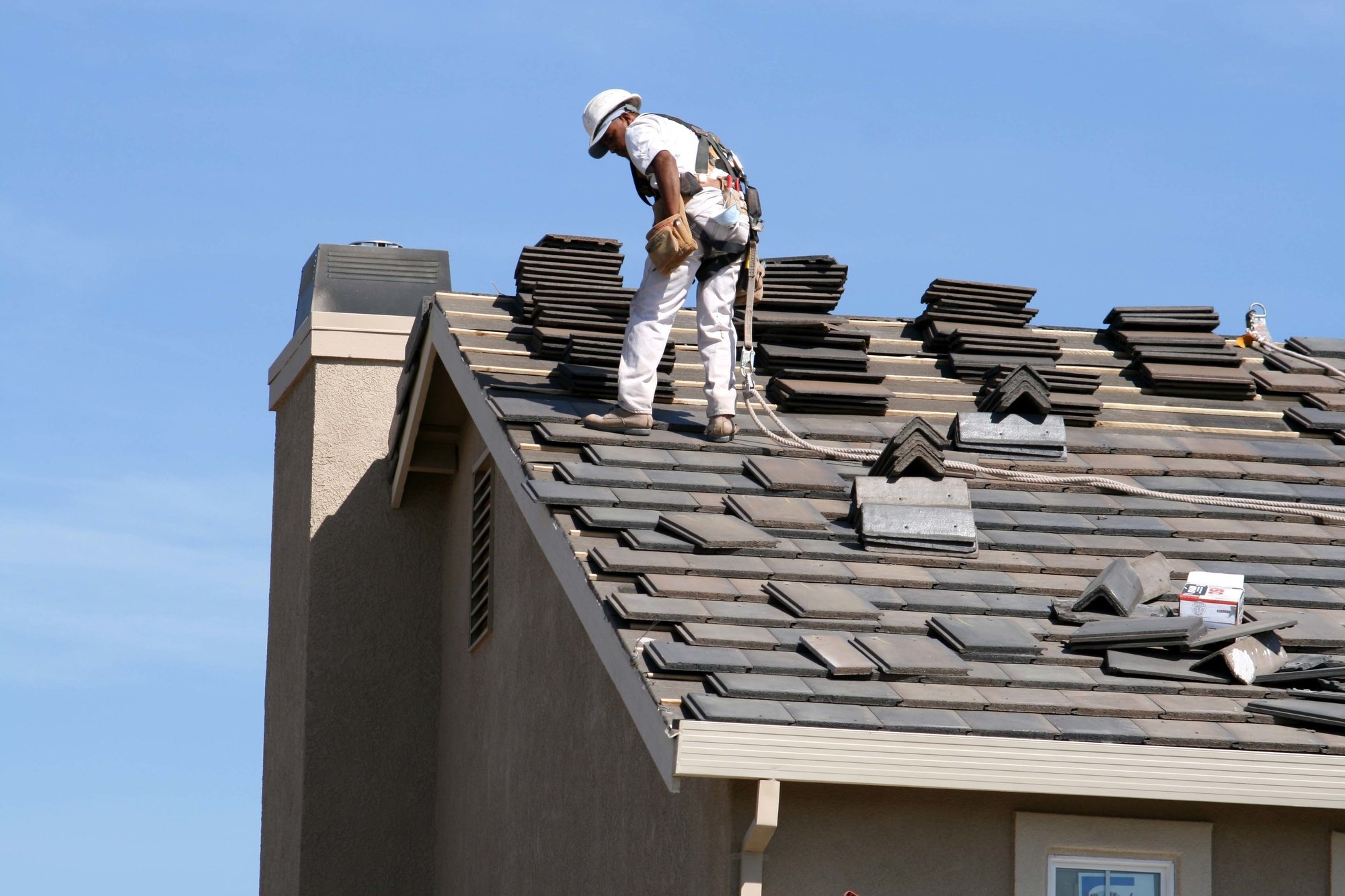It’s no surprise that you’re looking for information about buying a home. When 34% of homebuyers are new, it’s common to see new buyers looking for all the help they can get with the process.
You must consider some important things when buying a new home if you want to make the best choice. Below are seven things to keep in mind when investing in property.
1. Pick the Right Location
Location is something often overlooked when people are looking for a new home. They focus on what they want in a house and nothing else. They may find what they desire, only to figure out that they bought a home that doesn’t meet their needs.
Examine the area around a home as carefully as the home itself. Here are some factors to consider:
- Neighborhood amenities
- Crime rate
- School district
- Nature
There may be other factors, depending on your unique situation. Make a list of what you want in an area and ensure the location you purchase a home in has those things.
2. Create a List of Home Features
Not knowing what you want in a home is another common problem homebuyers encounter. It’s not always easy to find a home on today’s market. As a result, buyers bid on the first homes they can to try and get whatever is out there.
Unfortunately, this leads to buyer’s regret most of the time. Buyers purchase homes that don’t have what they want and look for alternatives a few years after buying.
Even if it takes longer to find a home, try to avoid making rash decisions. Make a list of your most important considerations and make offers on homes that have most of what you want.
3. Plan for the Future
Be sure the home you buy today is enough for future changes. Think about what you’ll need for the future so you can grow in your home. You can read more to secure more of the legal real estate matter.
Whether it’s unexpected changes or you plan on needing something different in the future, this is something you must plan for. This is especially true if you want to start a family and need extra space for new family members.
Be sure the home you buy today is enough for future changes. Think about what you’ll need for the future so you can grow in your home.
4. Understand Your Budget
Many new buyers make the mistake of looking for a home before they understand how much they afford. That leads them to make offers and get them accepted, only to get denied by a mortgage company because the home costs too much money.
You won’t know your budget until you get a mortgage offer from the bank. Start applying for a mortgage pre-approval before you start looking for homes.
Doing this will help you narrow your home options to ones your mortgage provider will approve. On top of that, sellers are more likely to accept offers from buyers who prove they have funding approved.
5. Realtors Can Make a Difference
In an attempt to save money, some new buyers choose not to use a real estate agent. They believe they can save money by not using one and doing everything themselves.
The problem is that real estate agents can offer many benefits that help the process. They can help you find home issues, just listed homes for sale, negotiate, and much more. You’ll be able to save time and have more data to make an informed decision.
Another great benefit is that you won’t actually pay to use a real estate agent. The seller normally handles all closing costs with agents and splits the fee between the buying and selling agents. This means you get all the benefits of an experienced agent and won’t need to pay the cost.
6. Don’t Skip the Inspection
Another common thing that happens in today’s real estate market is skipping the home inspection process. Because of so much competition, sellers accept bids from buyers who waive inspections instead of looking for potential problems.
This is fine if you’re okay with unknown problems, but it can lead to bad buys if there are several problems you aren’t aware of. You’ll end up spending more money than you thought to fix these issues.
You don’t have to rush to purchase a home. Get an inspection before you buy to find these problems and request the buyer fix them. Otherwise, you may end up with a home that costs much more than expected.
7. Prepare to Negotiate
Even if a seller doesn’t accept your offer, that doesn’t mean you’re out of the running. It’s possible to make another one or determine why your offer got rejected.
Getting a counter is also possible if someone likes your initial offer. You’ll get a counter and the ability to accept or make another offer.
This is also where having a real estate agent will help. Experienced agents are great negotiators, so they’ll know which issues to push and the deal’s limits. Be sure to explore all your negotiation options to ensure you get a great deal.
Do Enough Research When Buying a New Home
You’re spending a lot of money and putting yourself into years of debt when buying a new home. With so much on the line, the last thing you want is to make a snap decision and invest in real estate that doesn’t meet your needs.
That’s why it’s essential to do your research and discover everything you can about your preferences and new home options. When you do, you’ll be able to narrow your choices to only the property that meets your needs.
Head back to the blog to find more amazing tips that will help you make a home your own.



